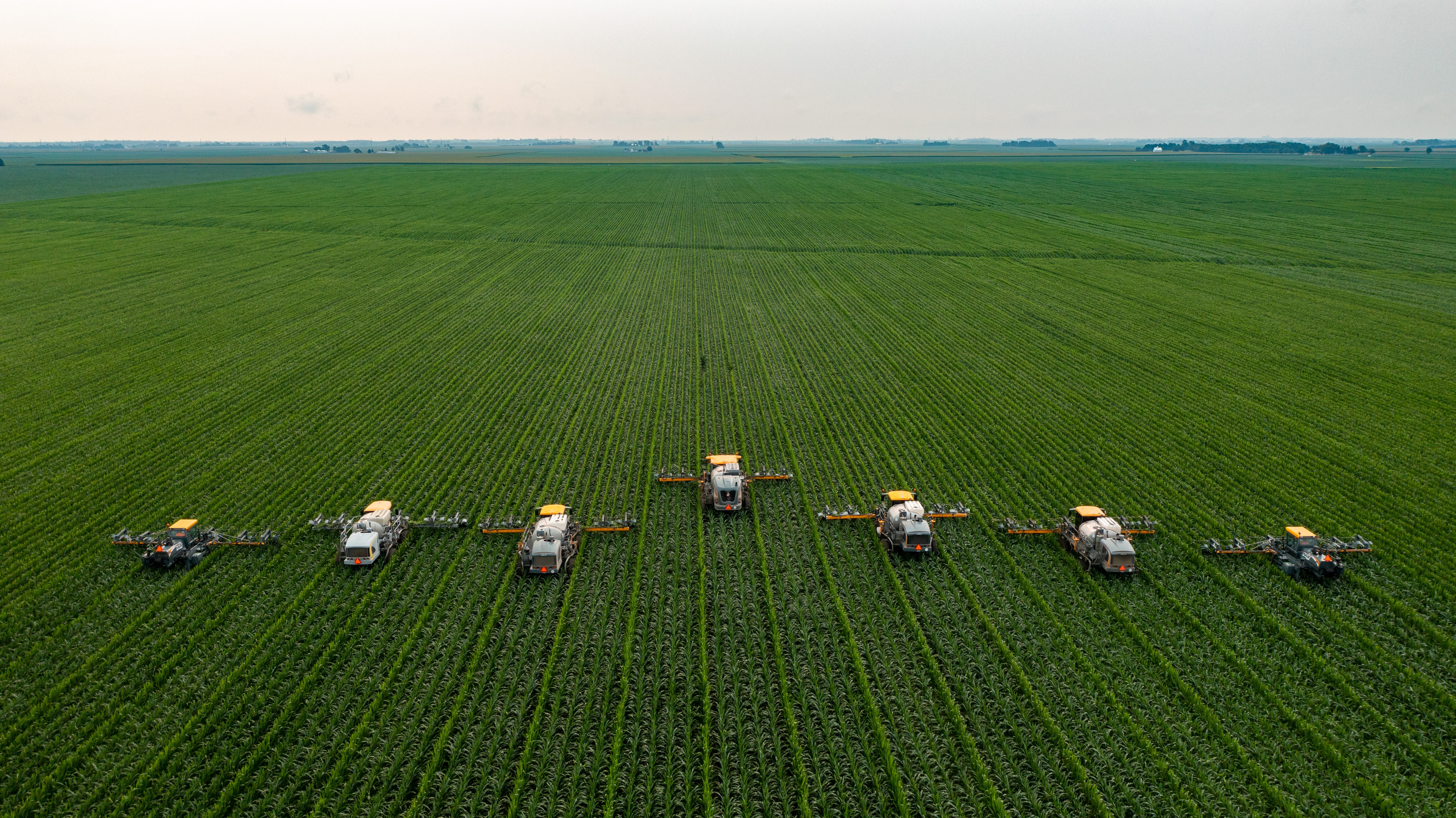News release
From:
Peer reviewed Modelling People
Global food system could help achieve net negative emissions by 2050
New technology, dietary shifts and less food waste could remove up to 33 gigatons of CO2 annually
Largescale changes to the global food system could enable people not only to reduce greenhouse gas emissions but to achieve net negative emissions by 2050. A team led by Maya Almaraz of Princeton University and Benjamin Houlton of Cornell University report these findings in a new study published September 6 in the open-access journal PLOS Climate.
Currently, the global food system is responsible for about one-third of greenhouse gas emissions. There are multiple opportunities within the food system to reduce emissions, and some have proposed that agriculture could act as a sink to remove carbon dioxide from the atmosphere and reach net negative emissions.
In the new study, researchers used a global food system model to explore how consumer choices, climate-smart technologies and reductions in food waste would each contribute to achieving net negative emissions by 2050. They estimate that, in a world of 10 billion people, a complete food system transformation could remove the equivalent of up to 33 gigatons of carbon dioxide each year. The greatest benefits would come from a shift toward a plant-based diet and the use of new technologies such as greener fertilizer production, advanced livestock feeds, agroforestry and sustainable seafood harvesting.
The study’s findings highlight the potential for future food systems to help countries meet their climate change emissions targets. This makes agriculture a unique economic sector that should be a key focus when discussing climate charge mitigation. For best effect, the researchers recommend that these approaches should be tailored to fit the local culture, economics, technology readiness and agricultural management capacities of each region.
The authors add: “We find evidence that dietary shifts cannot achieve negative emissions alone, whereas technology deployment and management can, absent dietary changes.”



 International
International



